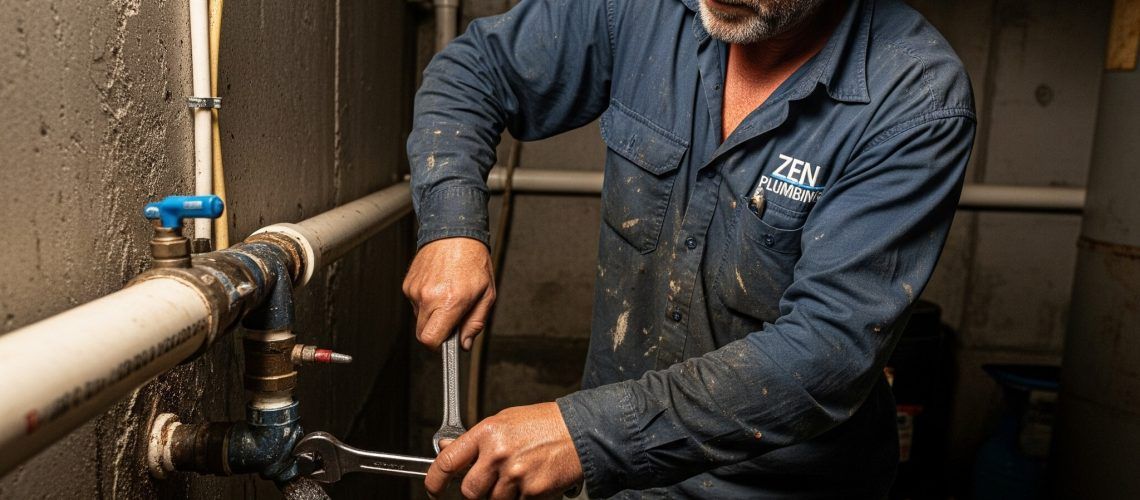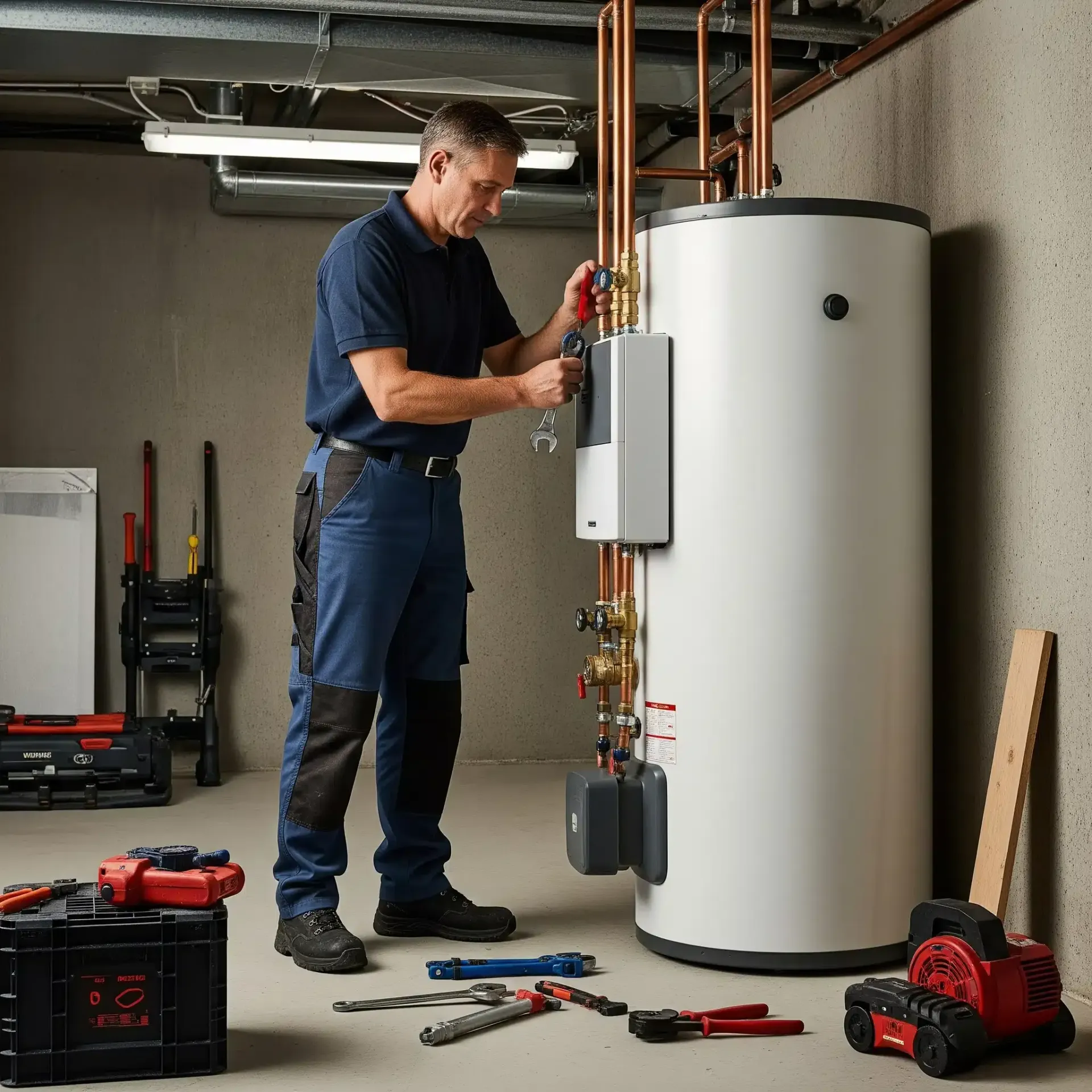Why Mullumbimby Businesses Prioritise Early Gas Heating Inspections
Avoid Downtime, Ensure Safety, and Stay Compliant Before the Cold Sets In
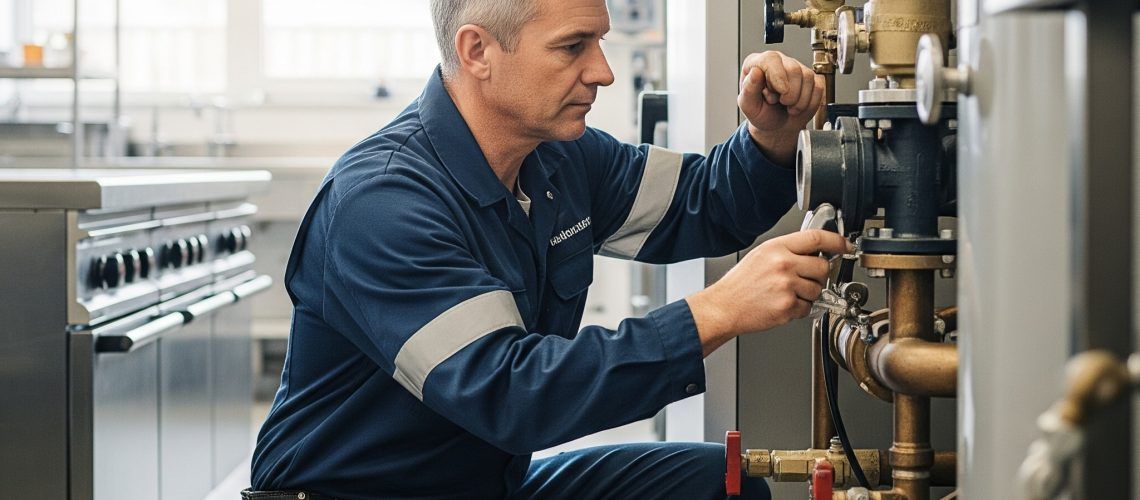
For businesses in Mullumbimby, proactive maintenance of gas heating systems is essential to ensuring safe, efficient, and uninterrupted operations—particularly during the colder months. Scheduling inspections well in advance is not just a best practice, it’s a strategic decision that supports compliance, cost-efficiency, and workplace safety.
Frequently Asked Questions
How frequently should commercial gas heating systems be inspected?
Annual inspections are generally recommended for commercial gas heating systems, ideally before winter begins. This allows technicians to identify and address potential issues ahead of peak usage.
What is typically included in a gas heating inspection?
A standard inspection involves checking for gas leaks, testing for carbon monoxide, assessing ventilation, examining system components for wear, and confirming compliance with relevant safety standards.
Can early inspections reduce long-term costs?
Absolutely. Early inspections can detect minor faults before they escalate into major failures, reducing the need for costly emergency repairs and minimising operational downtime.
Are regular inspections a legal or insurance requirement?
While not all jurisdictions mandate inspections, many insurance policies and workplace safety regulations require regular servicing. Maintaining a documented inspection history supports compliance and may be necessary in the event of an audit or claim.
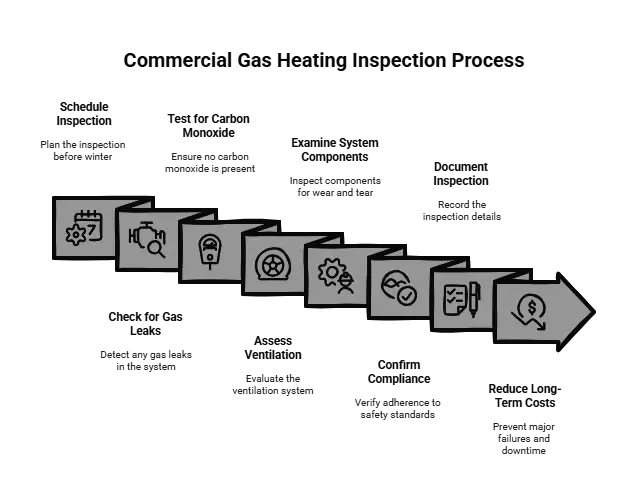
Key Features to Consider
- Licensed, Certified Technicians – Engage professionals with current gas fitting and commercial heating certifications.
- Carbon Monoxide Detection – Ensure that inspections include testing for this odourless, potentially lethal gas.
- Detailed Service Documentation – Comprehensive reports support both compliance and equipment tracking.
- Minimal Disruption Scheduling – Opt for providers offering after-hours or weekend service to suit business operations.
- Preventative Maintenance Programs – Ongoing maintenance plans help avoid reactive repairs and extend system lifespan.
- Specialisation in Commercial Systems – Choose contractors experienced in managing systems within business environments.
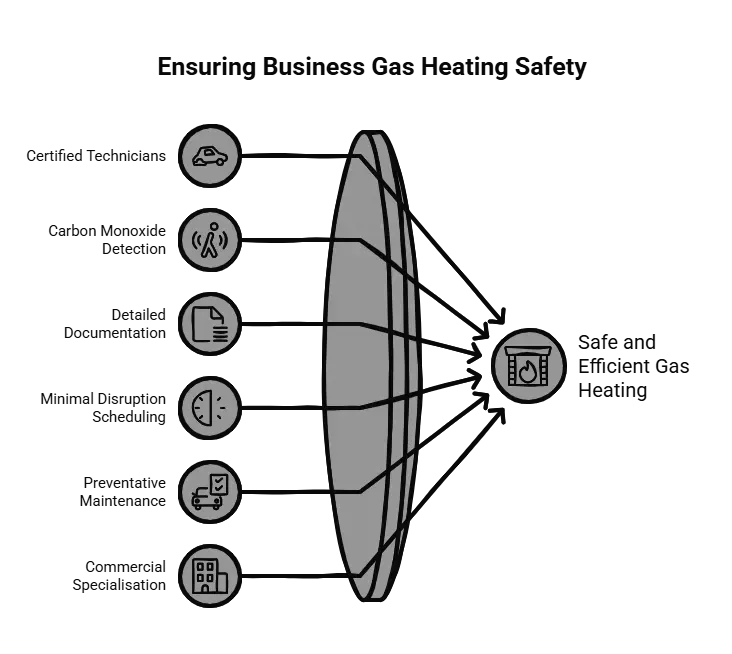
The Importance of Early Gas Heating Inspections for Businesses
Securing your gas heating inspection ahead of peak demand offers operational, financial, and safety advantages. Delays can result in system failure, non-compliance, or preventable costs at the most inconvenient time.
Avoid Operational Disruptions
Unexpected heating system breakdowns can compromise employee productivity, customer comfort, and trading hours. Proactive servicing by Zen Plumbing helps maintain consistent heating performance and reduces the risk of business interruptions.
Ensure Compliance with Safety Standards
Commercial premises are subject to strict workplace health and safety regulations, including those concerning gas appliances. A professional plumbing inspection confirms that your heating system aligns with Australian Standards and helps satisfy obligations to regulatory bodies and insurers. Zen Plumbing provides detailed inspection reports suitable for internal records and third-party audits.
Reduce Emergency Repair Expenses
Reactive repair work is typically more costly and less efficient than planned maintenance. Inspections allow for the early detection of issues such as gas leaks, component fatigue, or ventilation blockages—mitigating the risk of emergency callouts during high-demand periods.
Enhance Energy Efficiency
A well-maintained gas heating system operates more efficiently, consuming less energy and delivering better performance. Regular inspections clean, calibrate, and optimise your system—resulting in lower utility costs and a smaller environmental footprint.
Maintain Insurance Coverage
Failure to maintain essential services such as gas heating can void commercial insurance policies in certain cases. Documented inspections demonstrate responsible facility management. If your last inspection is overdue or unclear, contact us to schedule an assessment and ensure your coverage remains valid.


